I read some similar posts but none seem to answer this question. I can set individual GitHub secrets into environment variables in an Action if I know the name of the secret: env: PW_ID0007: "${{secrets.PW_ID0007}}" How can I expose all secrets as environment variables without knowing their names (either in bulk or some way to iterate through them and set them individually?)
3 Answers
There is a way to do that. Please check here
- name: view the secrets context
shell: bash
run: echo "$SECRETS_CONTEXT"
env:
SECRETS_CONTEXT: ${{ toJson(secrets) }}
In that way you will expose all secrets without knowing names:
And know what you need is go through this json using for instance jq and set them as env variable suing following syntax:
echo "variable_name=variable_value" >> $GITHUB_ENV
- 32,704
- 10
- 78
- 107
-
Thanks, This steered me in the right direction. I was unaware of the GitHub toJson function you mention but found it documented here. – mm_sml Jun 17 '21 at 20:38
-
1I was unaware of the GitHub toJson function you mention but found it documented here. [link](https://docs.github.com/en/actions/reference/context-and-expression-syntax-for-github-actions#tojson) Adding this exposed all secrets in one JSON environment variable. `env: SECRETS_CONTEXT: "${{ toJson(secrets) }}"` I am using Powershell so I did not need jq. Within a Powershell script I can read and parse this with normal commands: `$secrets = ($env:SECRETS_CONTEXT | ConvertFrom-Json -AsHashtable )` – mm_sml Jun 17 '21 at 20:47
I created an action exactly for that - takes all the secrets and exports them to environment variables.
An example would be:
- run: echo "Value of MY_SECRET1: $MY_SECRET1"
env:
MY_SECRET1: ${{ secrets.MY_SECRET1 }}
MY_SECRET2: ${{ secrets.MY_SECRET2 }}
MY_SECRET3: ${{ secrets.MY_SECRET3 }}
MY_SECRET4: ${{ secrets.MY_SECRET4 }}
MY_SECRET5: ${{ secrets.MY_SECRET5 }}
MY_SECRET6: ${{ secrets.MY_SECRET6 }}
...
You could convert it to:
- uses: oNaiPs/secrets-to-env-action@v1
with:
secrets: ${{ toJSON(secrets) }}
- run: echo "Value of MY_SECRET1: $MY_SECRET1"
Link to the action, which contains more documentation about configuration: https://github.com/oNaiPs/secrets-to-env-action
- 551
- 5
- 14
I came up with a simple solution, which also works for multiline strings. Here is the corresponding GitHub action step:
- name: Expose github environment as shell variables
env:
SECRETS_CONTEXT: ${{ toJson(secrets) }}
VARS_CONTEXT: ${{ toJson(vars) }}
run: |
# https://docs.github.com/en/actions/using-workflows/workflow-commands-for-github-actions#setting-an-environment-variable
# https://docs.github.com/en/actions/using-workflows/workflow-commands-for-github-actions#multiline-strings
EOF=$(dd if=/dev/urandom bs=15 count=1 status=none | base64)
to_envs() { jq -r "to_entries[] | \"\(.key)<<$EOF\n\(.value)\n$EOF\n\""; }
echo "$VARS_CONTEXT" | to_envs >> $GITHUB_ENV
echo "$SECRETS_CONTEXT" | to_envs >> $GITHUB_ENV
jq takes every key-value pair of the json and produces an env-command of the following form:
{name}<<{delimiter}
{value}
{delimiter}
For security reasons, the delemiter $EOF is a random string.
Those env-commands are then appended to $GITHUB_ENV, so that they are available in the next steps.
- 602
- 7
- 16
-
1This is exactly what I was looking for. Just to add you can then use `envsubst < .env.example > .env` to populate your `.env.example` file with those env variables and save it into `.env` – Tomas Trdla May 14 '23 at 14:35
